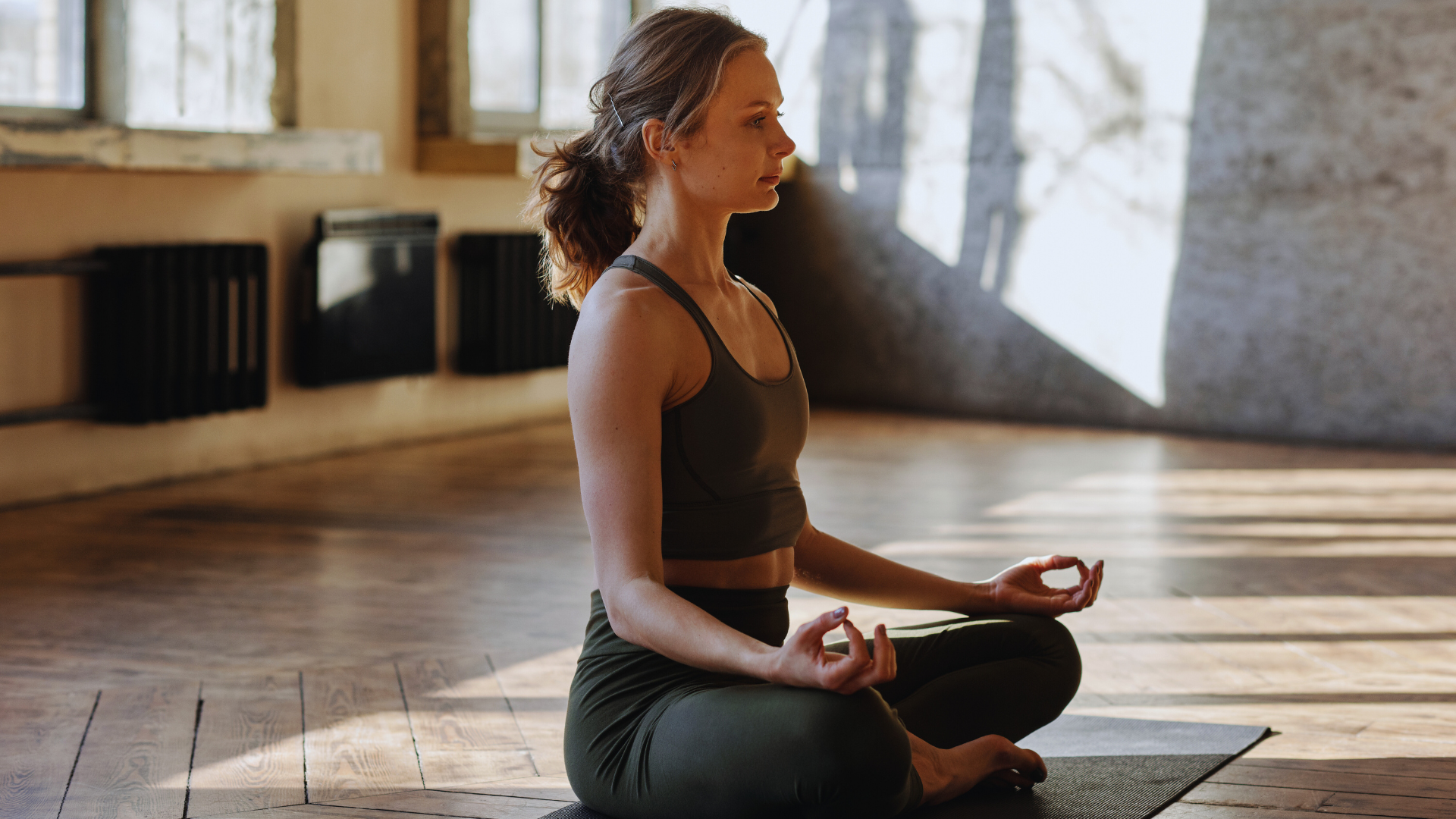Amidst the chaos of daily life, finding moments of calmness can seem elusive. Incorporating simple daily wellness rituals can significantly enhance overall tranquillity and improve mental clarity. These practices not only foster serenity but also cultivate a deeper connection to oneself.
Many individuals struggle to prioritise self-care amidst their busy schedules. By integrating small habits into daily routines, they can create a more balanced lifestyle. These rituals can be tailored to fit personal preferences, making them both effective and enjoyable.
Exploring five essential wellness rituals can empower anyone to navigate their day with greater ease and composure. From mindfulness techniques to grounding exercises, these practices lay the foundation for a more centred existence.
Establishing Your Daily Wellness Rituals
Creating daily wellness rituals is crucial for fostering a sense of calm and managing stress effectively. A structured routine can enhance self-awareness and support overall well-being. The following points detail how to design a tailored routine, set meaningful intentions, and build healthy habits.
Designing an Effective Daily Routine
To establish a daily routine, one must first assess their current habits. This involves identifying periods of the day that can be dedicated to self-care and wellness. Morning rituals can set a positive tone, while evening rituals can promote relaxation.
A practical structure might include:
- Morning Meditation: 10 minutes of mindfulness to clear the mind.
- Gentle Exercise: A brisk walk or yoga session to energise the body.
- Evening Reflection: Journaling about the day’s events and emotions.
Creating consistency in these rituals ensures that they become ingrained into daily life.
Setting Intentions for Calm and Focus
Setting specific intentions helps one navigate daily challenges with a sense of purpose. At the beginning of the day, taking a few moments to reflect on personal goals fosters clarity and enhances focus.
Examples of effective intentions may include:
- “I will approach challenges with patience.”
- “I will prioritise my well-being today.”
Writing these intentions down reinforces commitment. By regularly revisiting them, an individual can cultivate a deeper sense of self-awareness and adaptability in the face of stress.
Building Sustainable Healthy Habits
Fostering healthy habits requires a realistic approach. Small, manageable changes are more likely to become permanent. Setting attainable goals allows for the gradual integration of these habits into one’s life.
Consider incorporating the following:
- Hydration Check: Aim for at least 2 litres of water daily.
- Mindful Eating: Focus on consuming balanced, nutritious meals without distractions.
- Regular Breaks: Take short breaks during the day to re-energise and reduce mental strain.
By systematically implementing these habits, individuals can enhance their self-care practices and significantly improve their overall well-being.
Mindful Practices for Serenity
Incorporating mindful practices into daily routines can significantly enhance mental health and promote a calmer life. Techniques such as mindfulness meditation, deep breathing exercises, and cultivating gratitude contribute to reduced anxiety and improved mood.
Incorporating Mindfulness Meditation
Mindfulness meditation involves focusing on the present moment without judgment. This practice can be as simple as spending five to ten minutes each day observing thoughts and sensations.
Participants may sit comfortably, closing their eyes and directing their attention to their breath. When distractions arise, they gently acknowledge them and return to their breath. This forms a key part of developing mental clarity and improving emotional resilience.
Consistency is essential; thus, maintaining a regular schedule can lead to profound changes in stress management and relaxation.
Harnessing the Power of Deep Breathing
Deep breathing techniques help calm the nervous system and reduce feelings of anxiety. Practitioners can engage in mindful breathing by inhaling deeply through the nose, allowing the abdomen to expand, and then exhaling slowly through the mouth.
This process activates the body’s relaxation response, leading to more balanced moods. Participants can practice this anywhere, making it an accessible tool for stress management throughout the day.
Setting aside a few minutes, particularly during stressful situations, encourages a return to a state of calmness and helps with emotional regulation.
Cultivating Gratitude and Positivity
Practising gratitude can shift one’s perspective and improve overall emotional well-being. Individuals are encouraged to maintain a gratitude journal, noting three things they are thankful for each day.
Focusing on positive aspects of life fosters an optimistic outlook, which can diminish feelings of anxiety.
Regularly acknowledging good moments or aspects of daily life enhances self-awareness and promotes overall serenity. Pairing gratitude with other mindful practices can further deepen its impact on mood and mental health.
Physical Well-Being through Self-Care Rituals
Self-care rituals play a vital role in enhancing physical well-being. Engaging in activities such as yoga, stretching, and gentle exercise can significantly improve flexibility, energy levels, and overall health.
Yoga and Stretching for Flexibility and Calm
Yoga combines movement with breath control to promote relaxation and physical flexibility. Regular practice can strengthen the body while enhancing mental clarity. Poses such as Downward Dog or Cat-Cow are particularly effective in increasing flexibility and releasing tension.
Stretching should be part of a daily routine. It promotes blood circulation and prepares the body for physical activities. Essential stretches like hamstring and quad stretches can improve mobility, reduce injury risk, and enhance overall performance.
By practising yoga and stretching, individuals can also release endorphins, which contribute to feelings of happiness and tranquillity. A dedicated yoga practice can energise and balance mental and physical states.
Incorporating Gentle Exercise
Incorporating gentle exercise into daily life is essential for maintaining physical well-being. Activities like walking, swimming, or cycling can invigorate the body without causing excessive strain. These exercises help increase heart rate, stimulate circulation, and enhance overall fitness.
Setting aside time for light activities can positively influence energy levels throughout the day. For example, a brisk 30-minute walk can significantly boost mood and energy. This practice also encourages a consistent routine that fosters long-term health benefits.
Gentle exercise does not require extensive equipment or training. It can be easily integrated into daily routines, making it accessible for individuals of all fitness levels. Balancing such activities with rest promotes a sustainable approach to wellness.
Nourishing Mind and Body for a Calmer Life
Nourishing the mind and body is essential for creating a calmer life. Focusing on daily wellness rituals can significantly reduce chronic stress and enhance overall well-being. Specific practices like journaling, establishing a morning routine, mindful eating, and improving sleep quality are vital for this process.
Journaling and Self-Reflection
Journaling serves as a powerful tool for processing thoughts and emotions. By setting aside time each day to write, individuals can gain clarity and relieve mental burdens. This practice encourages self-reflection and helps identify sources of stress.
Using prompts such as “What am I grateful for today?” can inspire positive affirmations. A consistent journaling routine fosters mindfulness and encourages deeper insights into personal experiences. Individuals often report improved emotional regulation and heightened self-awareness through this practice.
Establishing a Soothing Morning Routine
A soothing morning routine sets a positive tone for the day. Activities such as gentle stretching, deep breathing, or sipping herbal tea can enhance relaxation. Incorporating essential oils or aromatherapy during this time can further create a calming atmosphere.
Establishing a structured morning routine allows for intentionality and focus. Setting aside a few quiet moments before starting daily tasks encourages a mindset of productivity and peace. This ritual can include activities tailored to individual preferences, promoting a sense of control and well-being.
Mindful Eating and Healthy Nutrition
Mindful eating involves paying attention to the sensations of hunger and satiety. Individuals can benefit from slowing down during meals, allowing for greater appreciation of food’s taste and texture. This practice encourages healthier food choices and reduces overeating.
Incorporating nutritious foods rich in vitamins and minerals supports both mental and physical health. Fresh fruits, vegetables, and whole grains can provide sustained energy and enhance mood. Mindful eating is a simple yet effective way to foster a more profound connection with what one consumes, leading to improved well-being.
Enhancing Sleep and Rest with Relaxation Techniques
Quality sleep is crucial for mental health and stress reduction. Techniques such as guided meditation or progressive muscle relaxation can prepare the body for rest. Individuals may benefit from creating a sleep-friendly environment with minimal distractions and calming scents.
Power naps also offer rejuvenation during the day, enhancing productivity. Establishing a bedtime ritual, including disconnecting from screens and engaging in relaxation practices, can signal to the body that it is time to wind down. Consistent sleep patterns contribute significantly to emotional stability and overall calmness.




